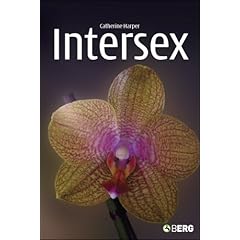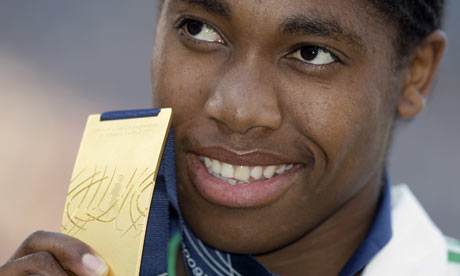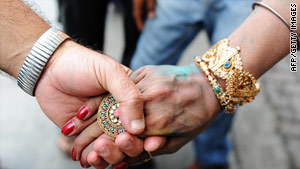
BALASORE: A Rare baby born in Betanoti hospital, about 25 km from here, is drawing people from far and wide. This baby has both male and female sex organs – one above another. This baby was born to Ishwar Chandra Mahanta and Ahalya Mahanta of Nandasola village in Mayurbhanj district on November 22.
“When the child was born we first thought it was a male baby. But after minutes we found both male and female sex organs,” said Ahalya. According to her, both the sex organs of the baby are active as the baby is urinating in both the organs. This was second baby of the couple after they had a daughter earlier. Hospital sources said Ahalya had a normal delivery and the baby responded like normal babies.“There was absolutely no complication during delivery. The baby was nearly 2.5 kg at birth. The baby is now taking milk like other newborns,” said Dilip Kumar Kar, paediatric specialist at the hospital. Doctors say it is a rare case and need proper medical examination. “It is called intersex (congenital anomaly of the reproductive and sexual system) baby,” said gynaecologist S N Sahu. “In general, intersex conditions neither cause the person to feel sick nor s/he feels pain. However, some intersex conditions are associated with serious health issues which need to be treated medically,” he said.People visiting the baby are taken aback. “We had never seen such a rare baby, neither had we heard of that earlier,” said Jyotshnarani Behera, a local resident. Meanwhile, the doctors have advised the parents to go for a surgery of the baby.“An ultra-sound conducted on the baby indicated that it has the uterus. But the vaginal hole is not open. The baby will be a female one after the extra genital part is operated on. We have advised the couple to consult doctors at SCB Medical, Cuttack,” said Dr Kar. The Mahanta family is worried because it has no money for the surgery.“I run a make-shift small betel shop. I can’t arrange money for the operation. If anyone comes forward to help, it will be a great help,” said Ishwar.













